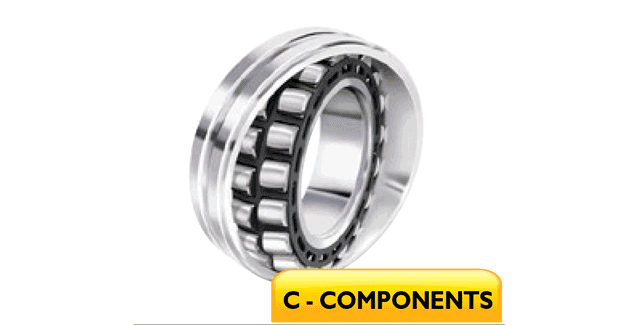
Equipment Hydraulics
The evolution of construction machinery to what we see today is largely dependent on hydraulics. From relying on winches and cables, the construction/earthmoving equipment have come a long way to transform almost everything into hydraulically powered. Especially in cranes and excavators, the development of hydraulics has led to more productive, cost-effective and durable equipment. Hydraulic power is directly linked with the flow created by pump and further restrictions to convert that flow into pressure, which actually does the hydraulic work. Currently major focus is on less downtime and higher operation efficiency with energy savings which is driving the new technology in hydraulic fluids. <p></p><p>Hydraulic tank, pump, cylinder, actuators, filter, control valves, pressure regulator and seals constitute a hydraulic system. Hydraulics constitute about 30-40 per cent of the total cost of a hydraulic equipment when considering a normal construction/earthmoving equipment. This indicates that hydraulics play a major role in the economy of the equipment. Increasing efficiency and productivity while reducing cost will drive the growth of hydraulics in future. Machinery manufacturers now pay more attention in cutting costs during manufacturing of their equipment. </p><p>The development of hydraulic oil has gone for a dramatic changes especially for the construction segment from just a normal R&O + AW type to a more robust value added type like better flexibility in different temperature environment, more cleaner oil for extended life of equipment, better oxidation and thermal stability, extra long drain interval, etc.</p><p>According to industry experts, today's hydraulic systems are more robust and sophisticated. Most of the parts like pumps, valves, hoses and reservoirs have gone for a dramatic change in the past few years. Tomorrow, mobile hydraulic systems will incorporate even more sophisticated capabilities to achieve integrated control solutions. The integration of electronics and hydraulics has seen numerous benefits to customers. Many OEMs are now moving towards electronic control of engines. Also, hybrid and smart technologies are going to influence hydraulic equipment grow smarter in future.</p>


 +91-22-24193000
+91-22-24193000 Subscriber@ASAPPinfoGlobal.com
Subscriber@ASAPPinfoGlobal.com